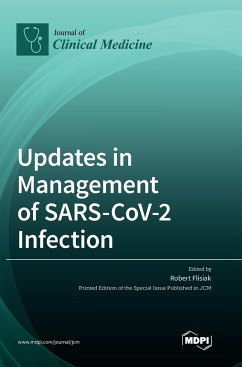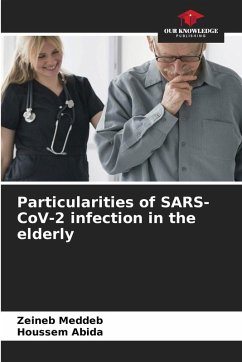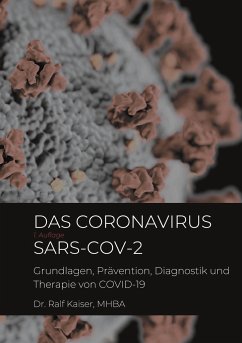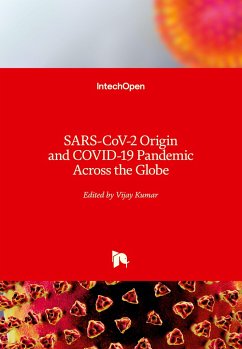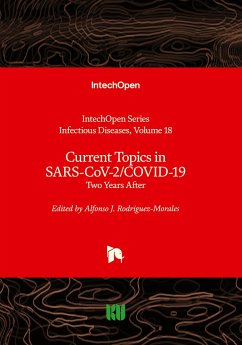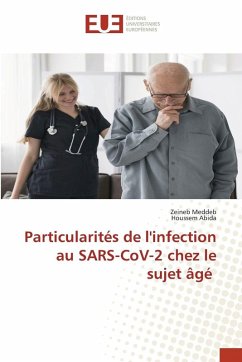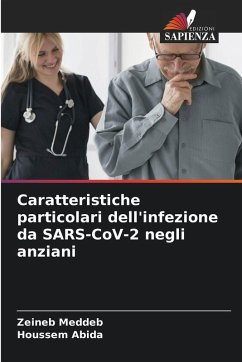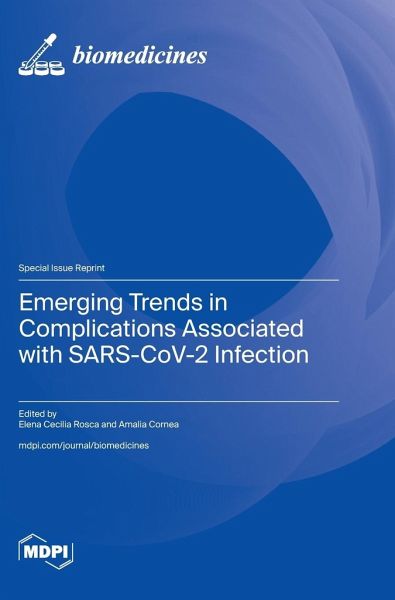
Emerging Trends in Complications Associated with SARS-CoV-2 Infection
Versandkostenfrei!
Versandfertig in 1-2 Wochen
71,99 €
inkl. MwSt.

PAYBACK Punkte
36 °P sammeln!
Coronavirus disease 2019 (COVID-19) is a serious respiratory disease that results from infection with severe acute respiratory syndrome coronavirus 2 (SARS-COV-2). Although several vaccines have been developed and programs implemented globally, patients may present various complications, including some that are life-threatening. Different studies have shown several potential acute and chronic complications in patients with COVID-19. The spectrum of acute complications ranges from respiratory failure to cardiac and cardiovascular injury, liver and renal disorders, neurologic manifestations, sec...
Coronavirus disease 2019 (COVID-19) is a serious respiratory disease that results from infection with severe acute respiratory syndrome coronavirus 2 (SARS-COV-2). Although several vaccines have been developed and programs implemented globally, patients may present various complications, including some that are life-threatening. Different studies have shown several potential acute and chronic complications in patients with COVID-19. The spectrum of acute complications ranges from respiratory failure to cardiac and cardiovascular injury, liver and renal disorders, neurologic manifestations, secondary infections, and coinfections, as well as disseminated intravascular coagulation. Unfortunately, COVID-19 is not only a short-term infection; patients may also present with long-term complications. Post-COVID-19 conditions are found more often after severe illness, but any patient may experience long COVID-19, even those who have mild illness or no symptoms. Also, due to the intrinsic characteristics of SARS-CoV-2 infection, the elderly and patients with certain medical conditions have been demonstrated to be particularly at risk for various complications. At present, our research critically analyzes and discusses current knowledge on the clinical characteristics of SARS-CoV-2 infection, focusing on acute and long-term complications.





